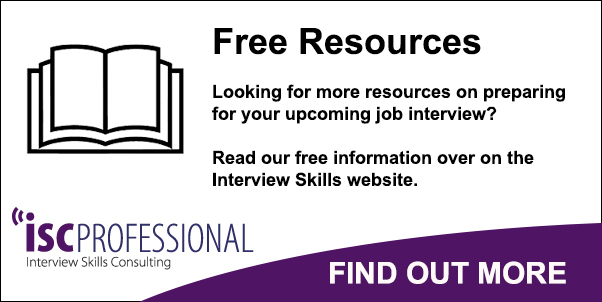Verbal Reasoning Test Tips for Success
With an estimated 71% of recruiters in the UK now using psychometric tests as part of their assessment processes, it is clear that this is an area where candidates need to be on top of their game.
Verbal reasoning is a key component in many such tests which can prove a challenge to the unprepared. Here we take a closer look at what these tests involve and how to put in a winning performance.

What is a verbal reasoning test?
Verbal reasoning, as an activity, belongs within a family of tests called psychometric tests. These tests come in a wide variety of styles including personality assessment, IQ quantification and aptitude determination.
Verbal reasoning in its broadest sense examines a candidate’s ability to understand and use the English language in a work context. The tests themselves generally involve reading and analysing passages of information. Candidates are then expected to demonstrate their understanding through a series of tasks. Some tests involve answering questions while others may require the production of written reports or a verbal presentation of findings, depending on the nature of the test and the job being applied for.
Why employers use verbal reasoning tests
Employers use verbal reasoning tests to assess a candidate’s capacity for thinking logically about a situation, based on the information provided. Using a verbal reasoning test allows the employer to put the candidate in a simulated work situation and see how they perform. The objectiveness of the process and the relatively low cost of delivering the tests are attractive to employers keen to streamline their recruitment processes. Although the tests are primarily designed to assess language capacity, the results can also give the recruiter an insight into the candidate’s intellect, judgement and corporate intelligence.
How to excel at verbal reasoning
Identify the type of test– Even within the discipline of verbal reasoning, there are lots of different types of test. Research is essential. Find out which type of test the company plans to use and study previous examples. Completing practise tests of a similar nature, preferably under exam conditions, is invaluable preparation. Capitalise on your performance by seeking feedback on your practise performance from a professionally trained interview skills coach. They will highlight the strengths of your current approach and make recommendations on how to improve further.
Read…and re-read– This might seem like rather obvious advice but when the pressure is on, the temptation to skim through the information provided can be hard to resist. Taking time to carefully read and re-read the information is an essential step to success. This applies to both the passages provided and the instructions on how to answer. Rushing through can lead to candidates making all too simple mistakes and ending up with low test scores.
Look out for traps– While the passages you are asked to analyse will contain lots of useful information, there may also be a few red herrings thrown in too. Failing to spot trick questions or misleading information could lead you away from the right answer. Carefully consider what is being asked and discard irrelevant data to score highly.
Focus on wellbeing– Being mentally and physically prepared for your verbal reasoning test can significantly enhance performance on the day. Follow a well balanced diet, ensure you get plenty of rest and use relaxation techniques to ensure you are functioning at your peak. On the day don’t panic- a few deep breaths before you start can make a real difference.
For more tips on verbal reasoning and psychometric tests, see our free information guide on the ISC Professional website.

